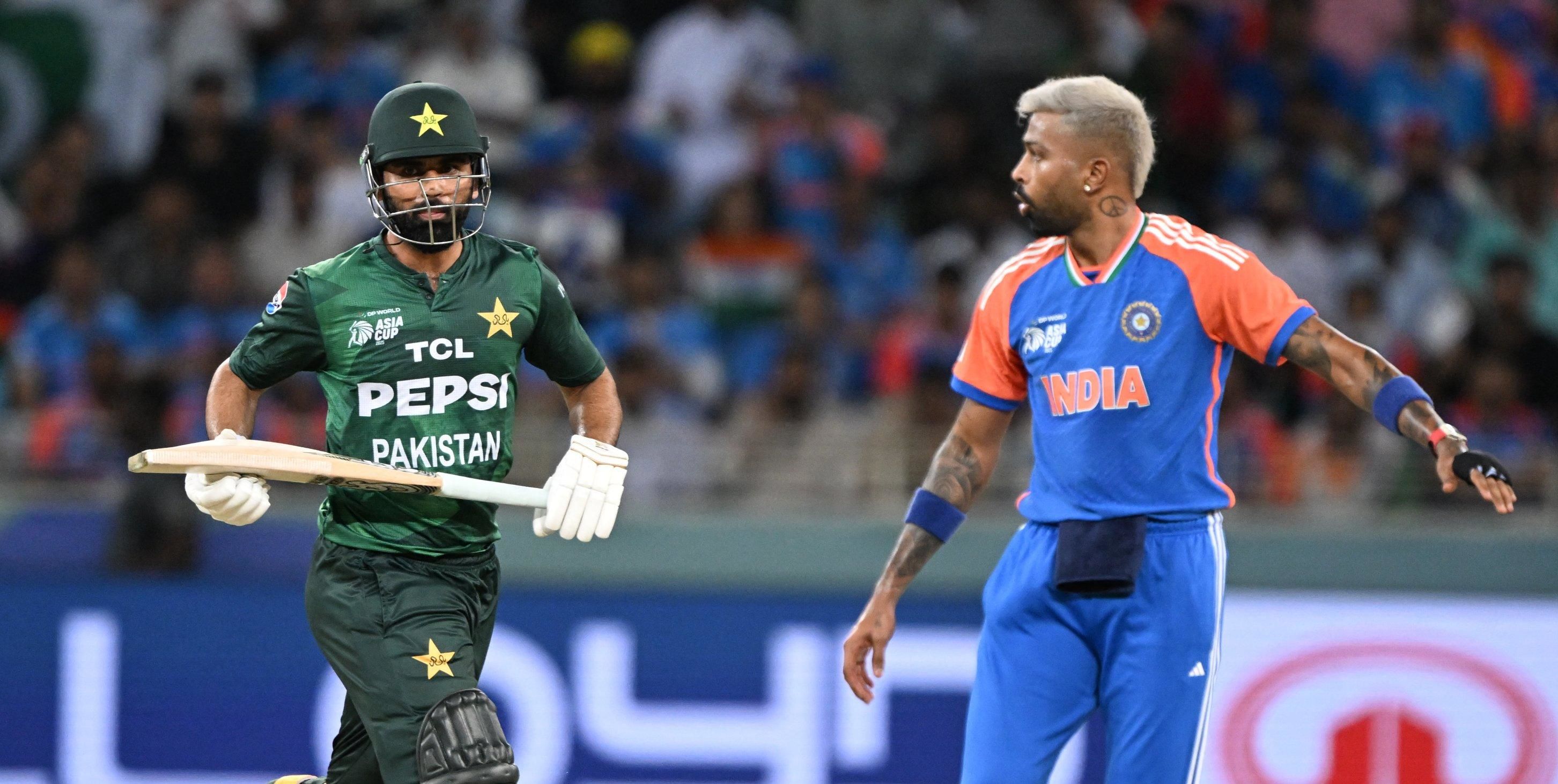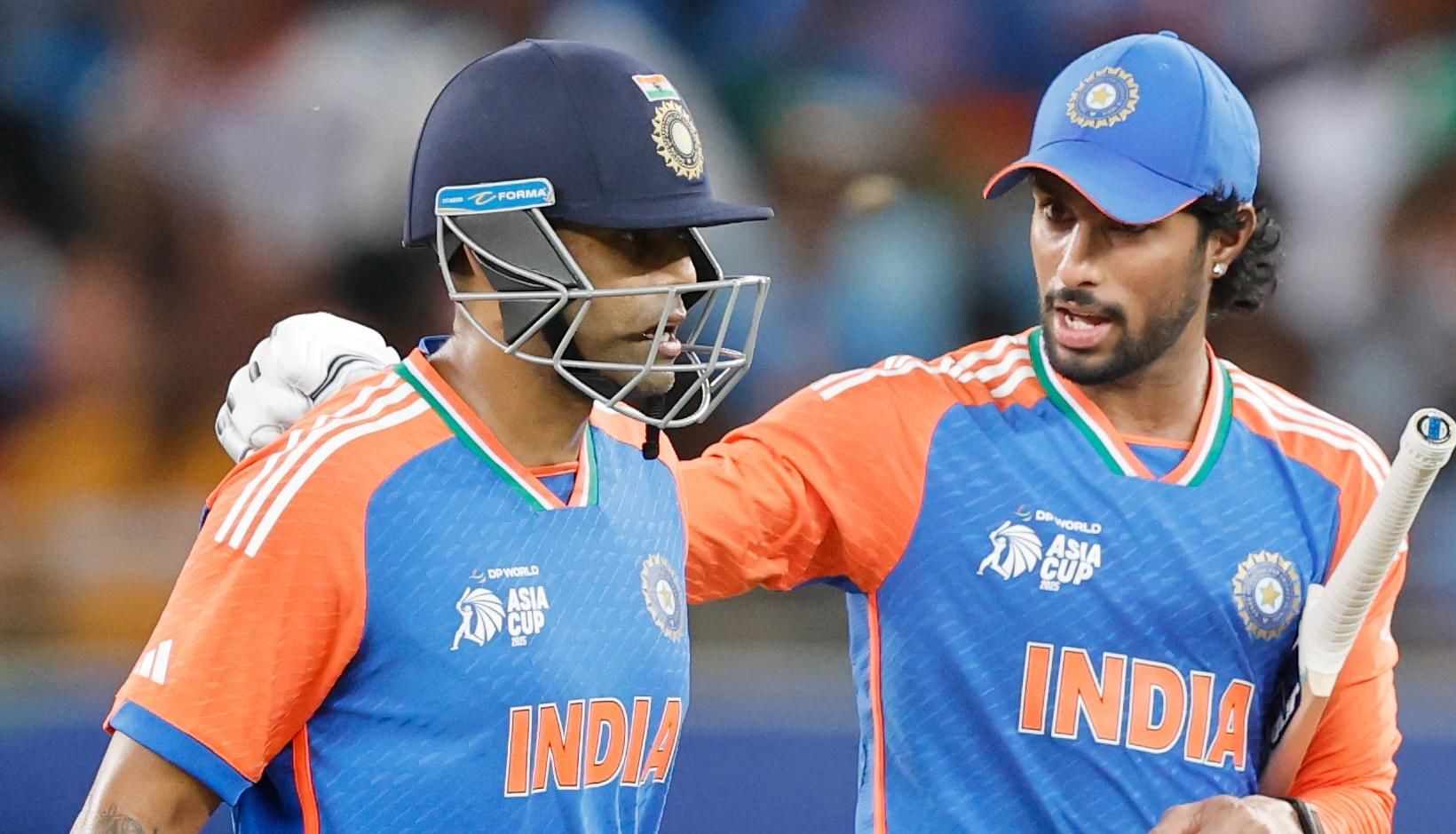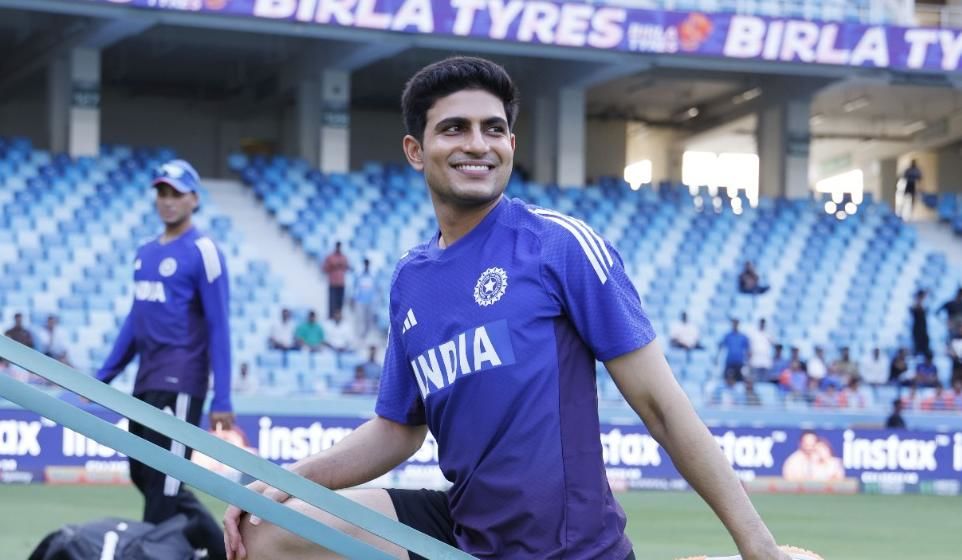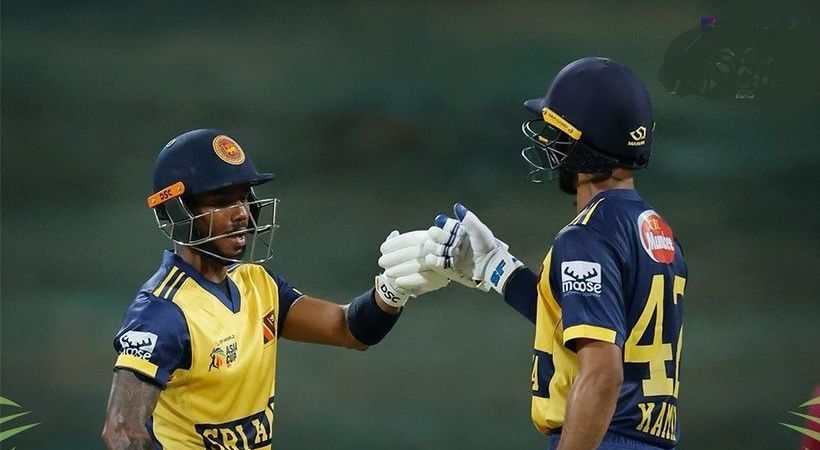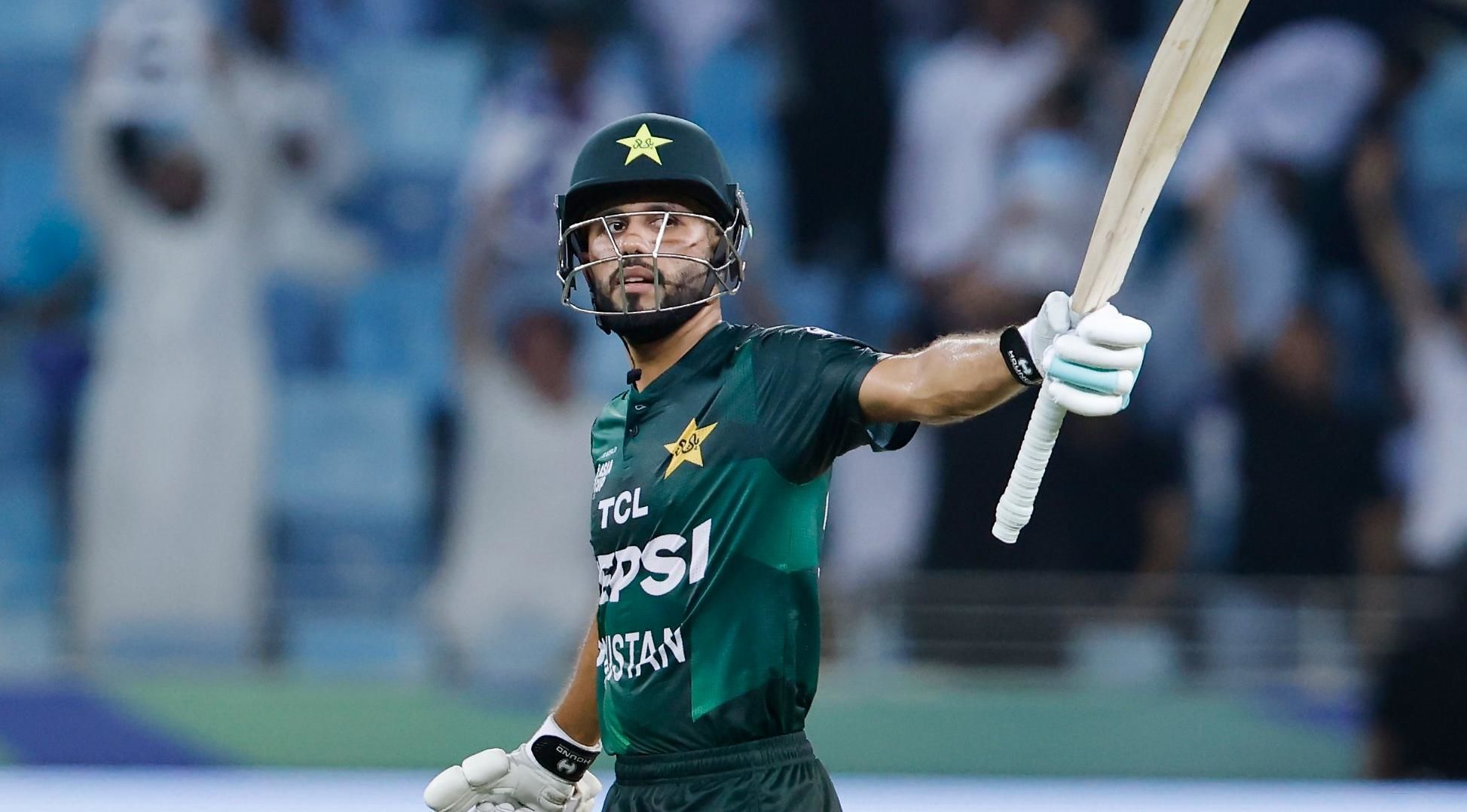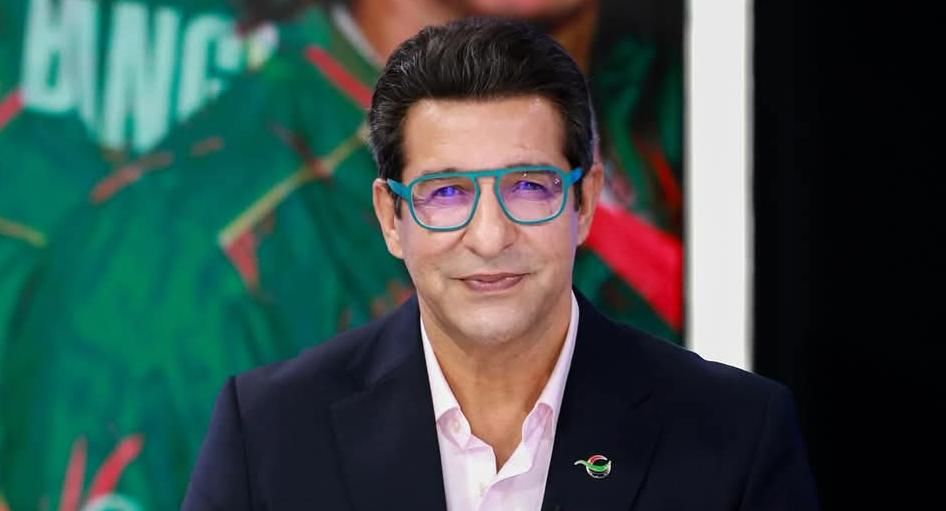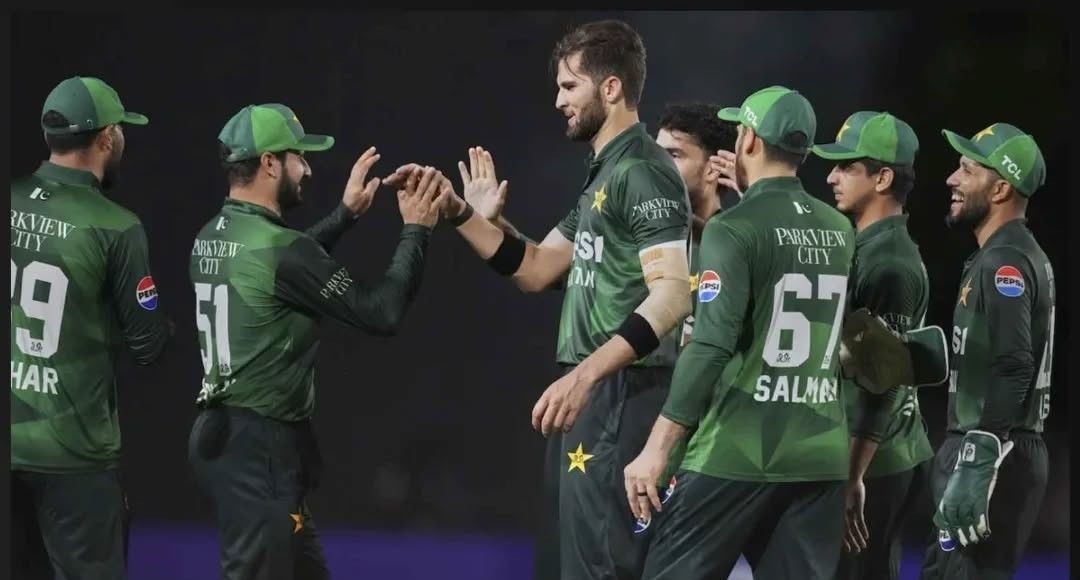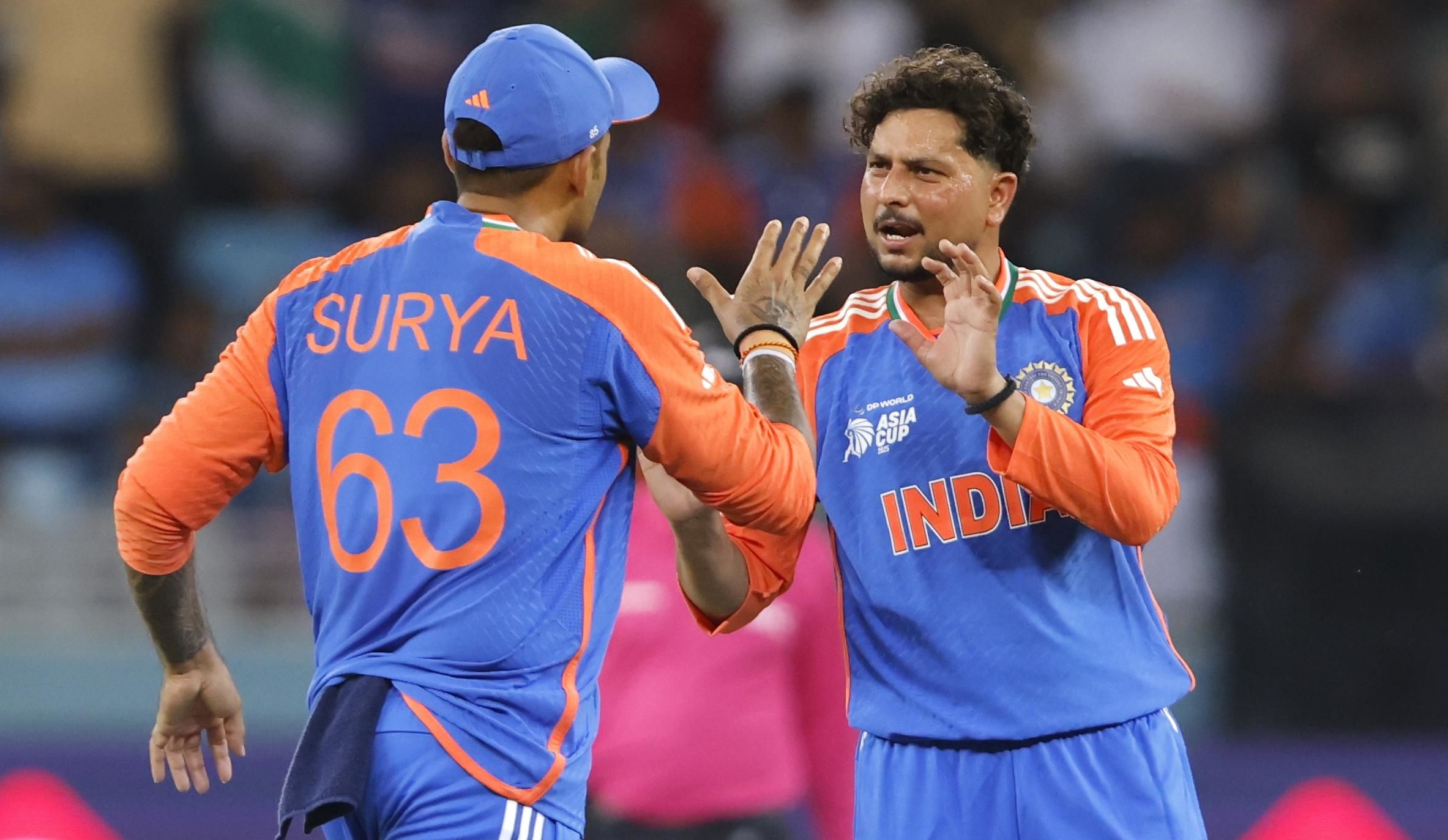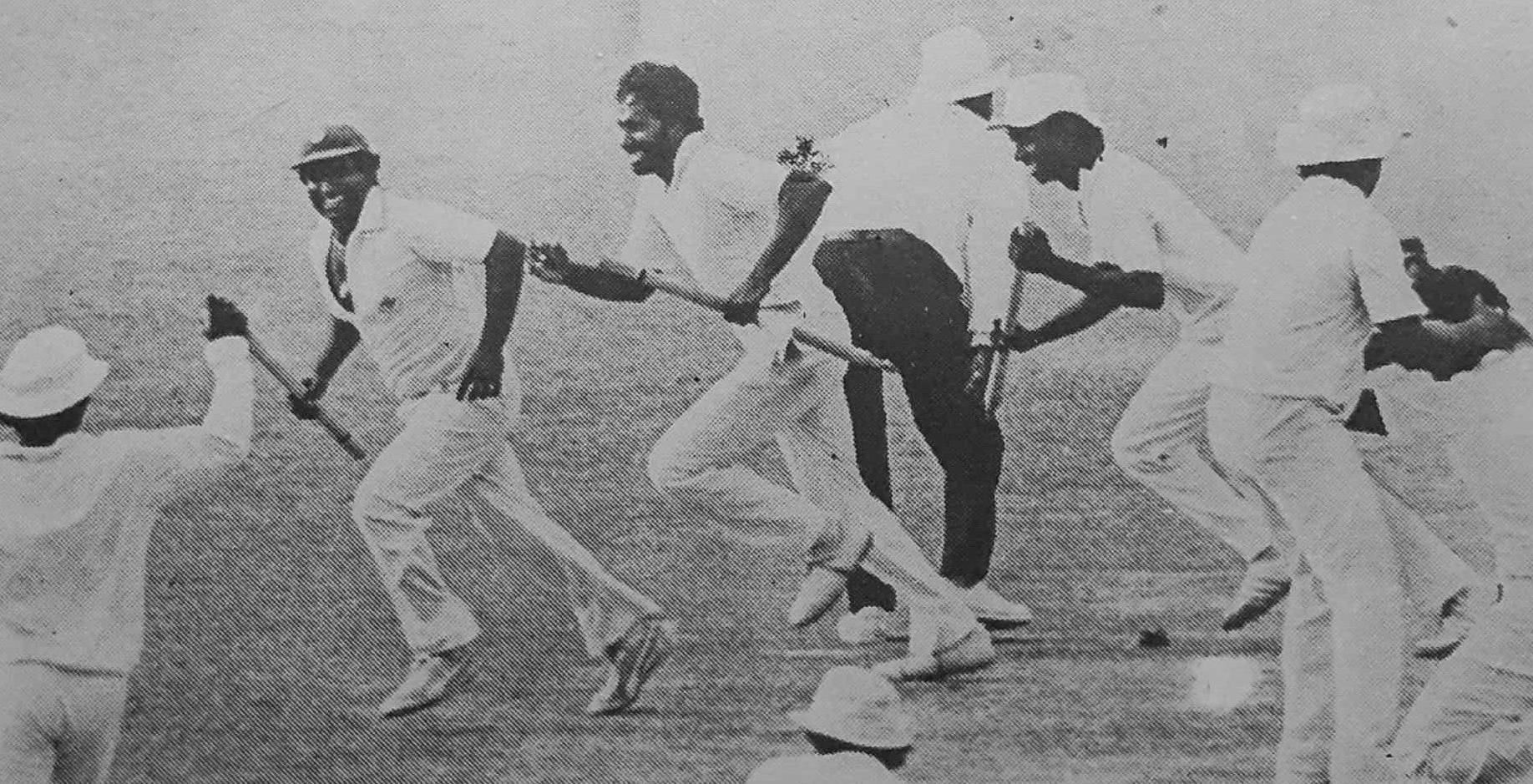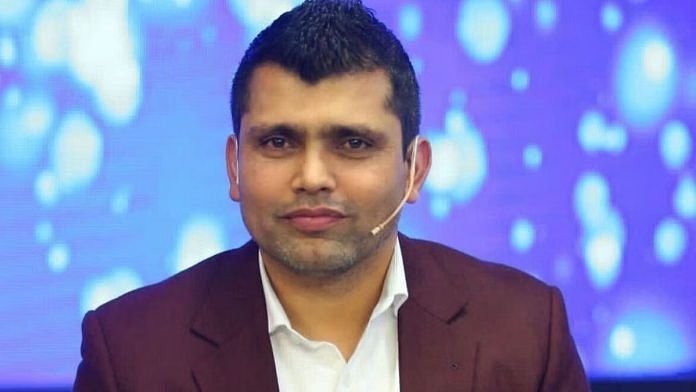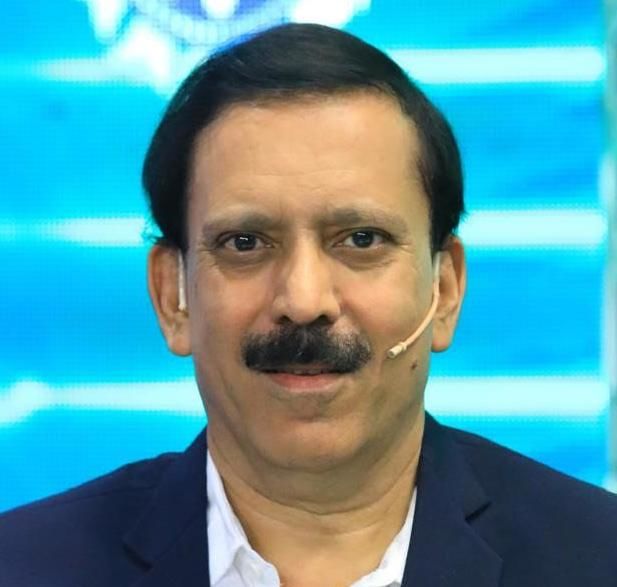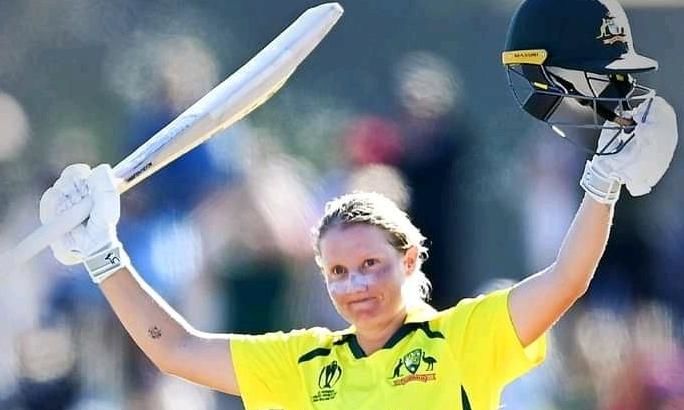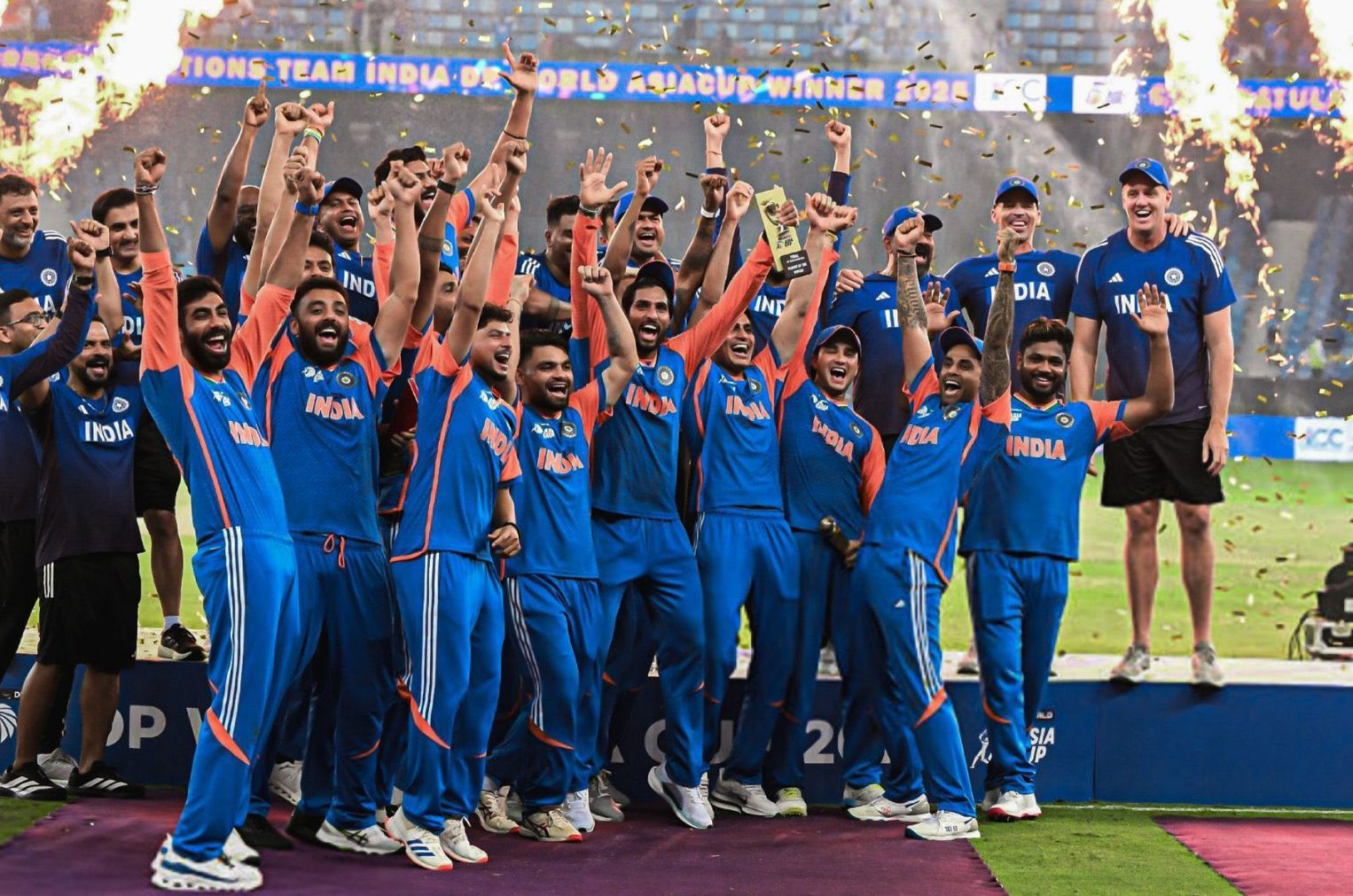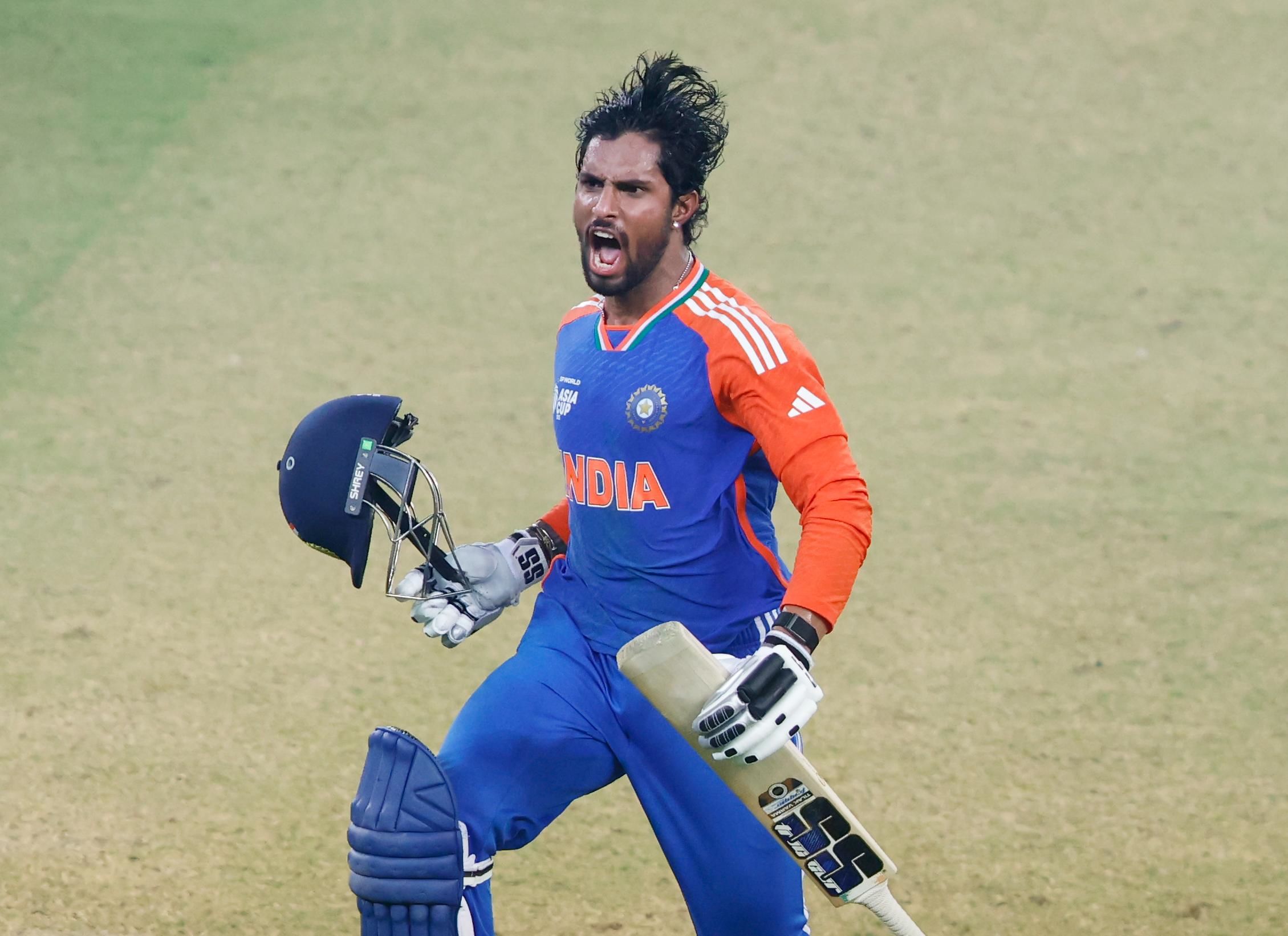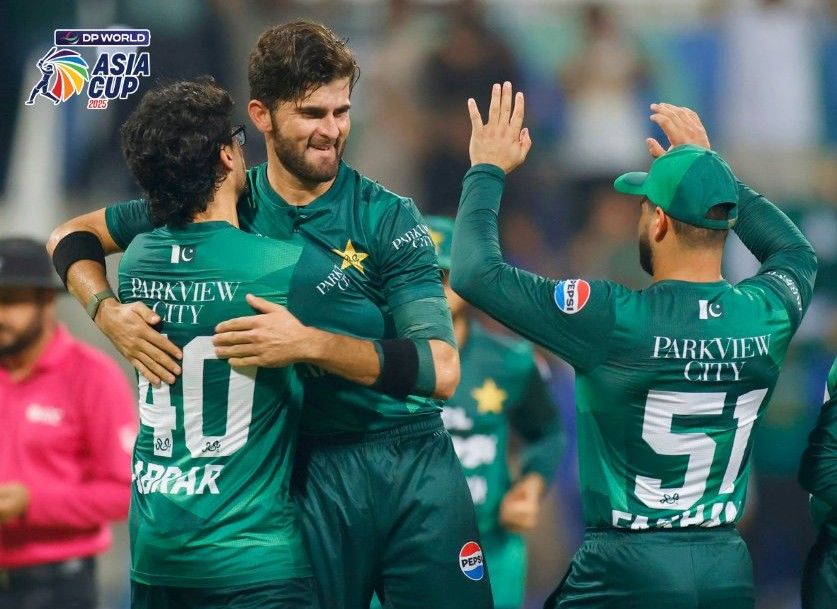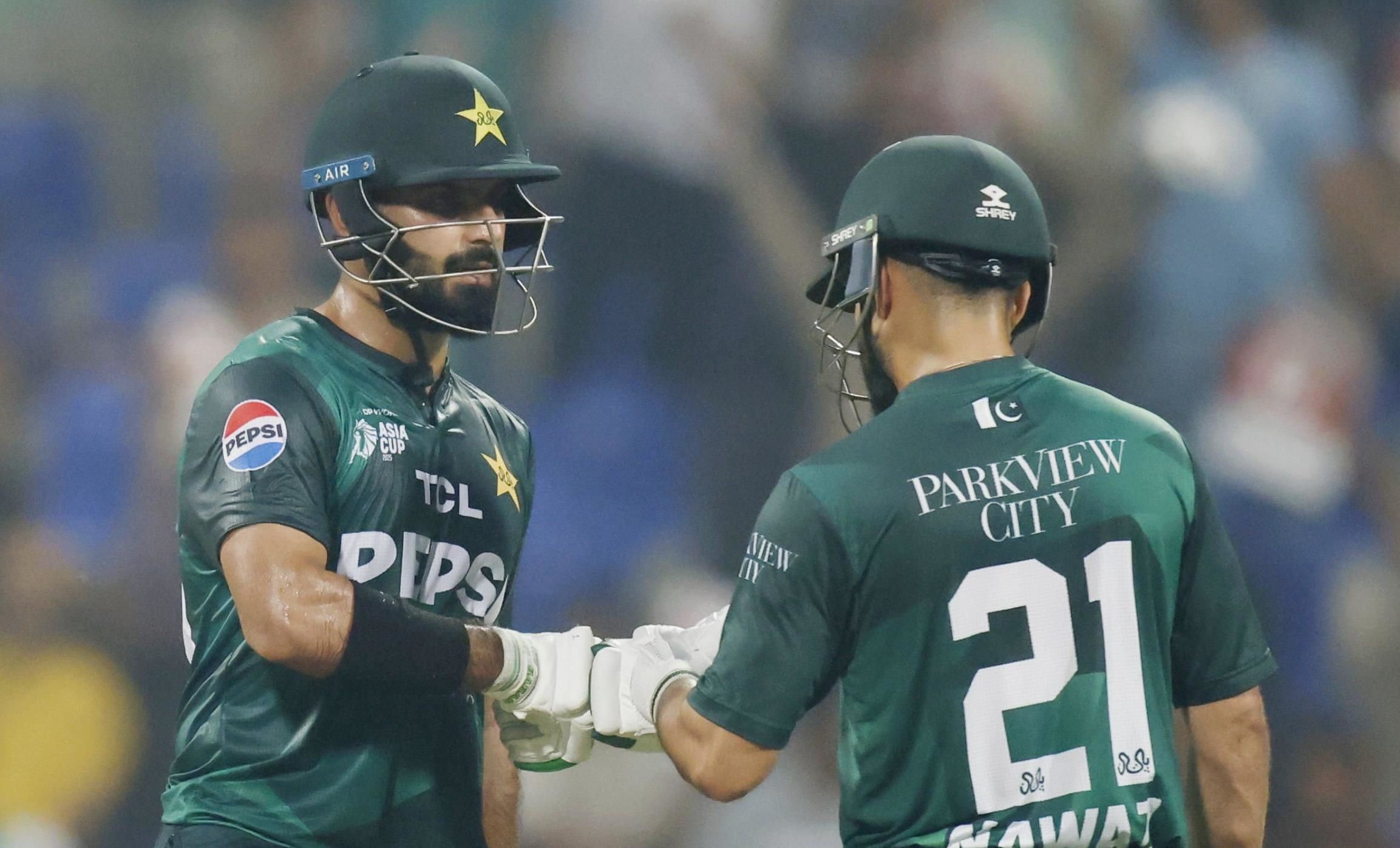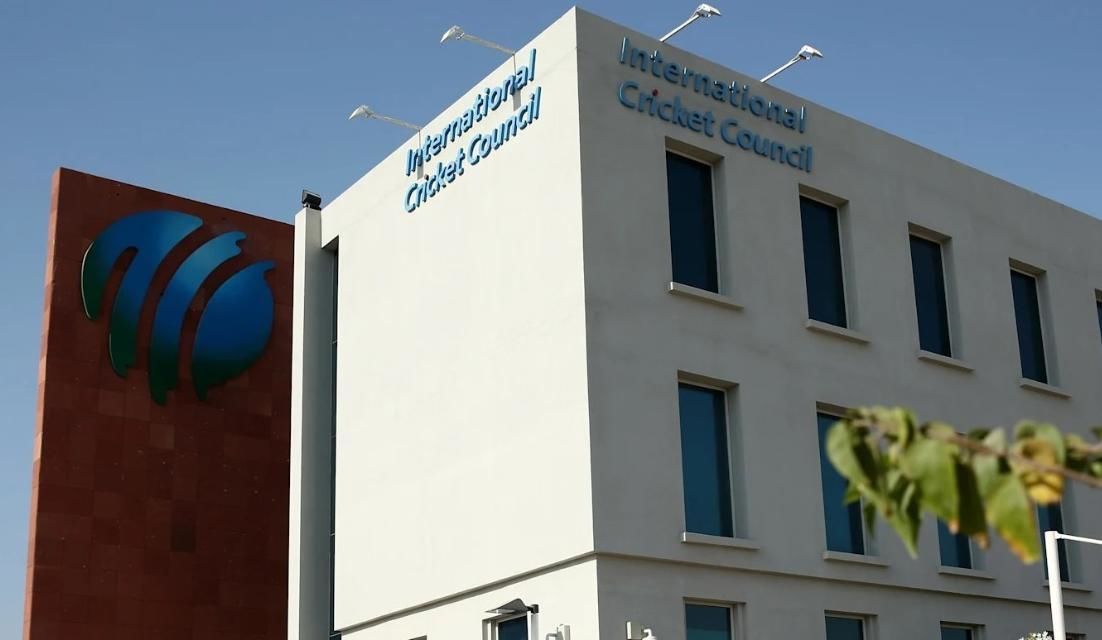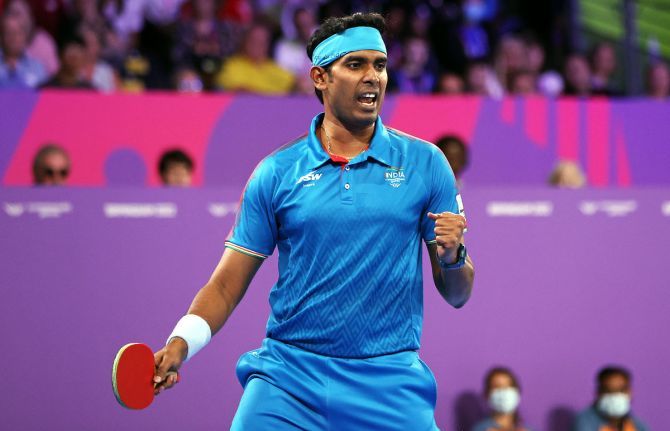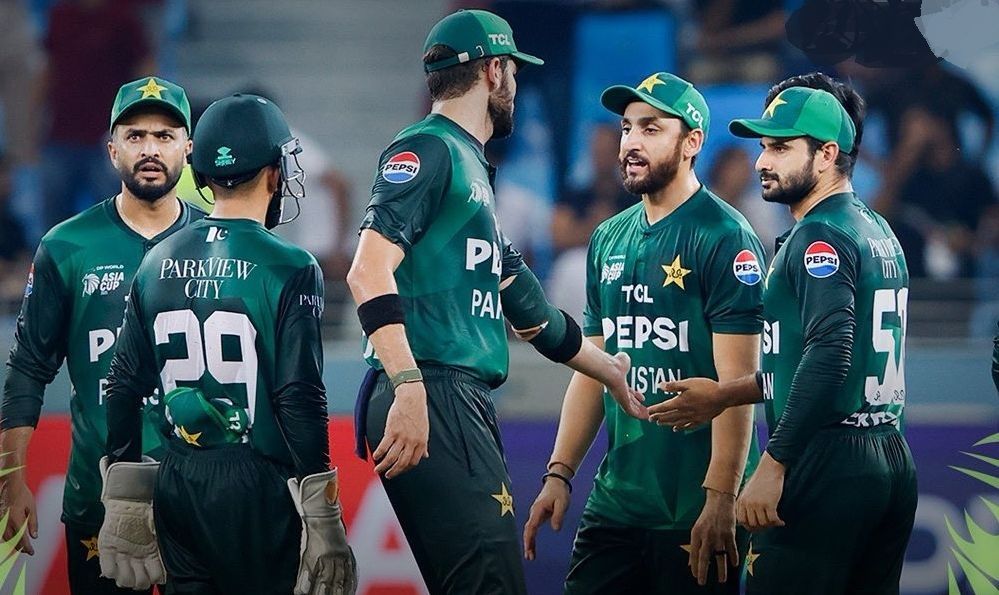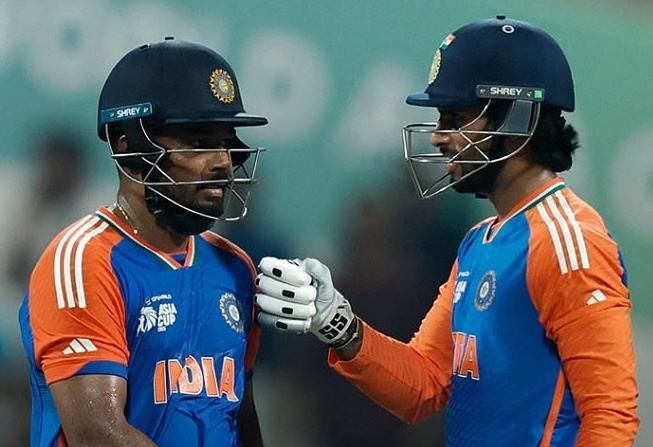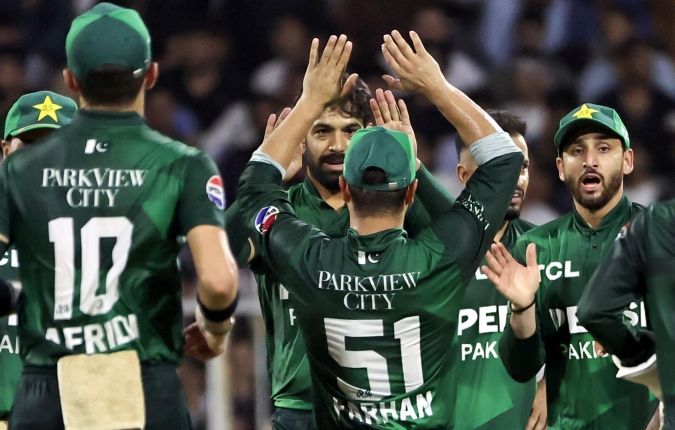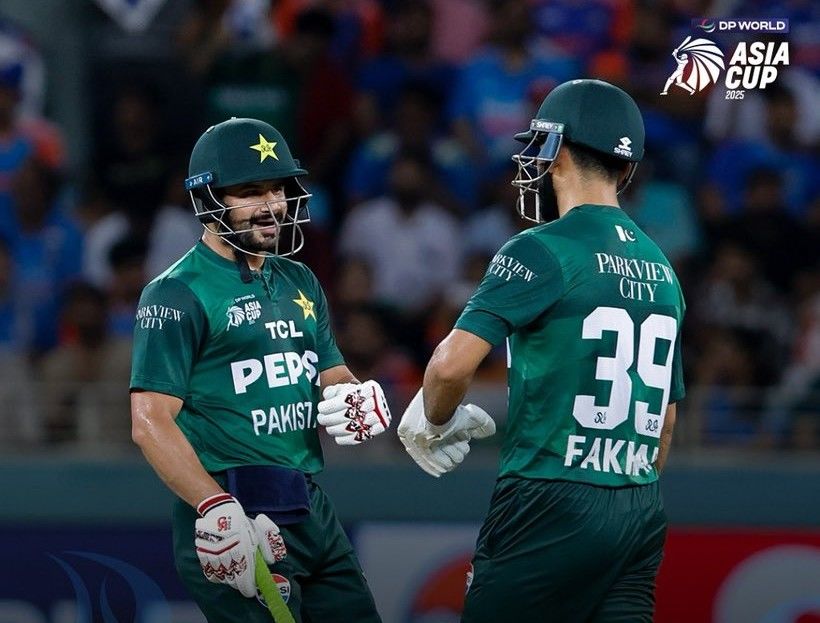High-voltage Asia Cup Clash Ends in Controversy as Players Skip Traditional Gesture
In the aftermath of India’s emphatic seven-wicket win over Pakistan in Dubai, the match was overshadowed by an unusual and controversial development: Indian players did not shake hands with their rivals, both at the toss and after the match. Pakistan has formally lodged a protest with match referee Andy Pycroft of Zimbabwe, terming the action as “against the spirit of the game.”
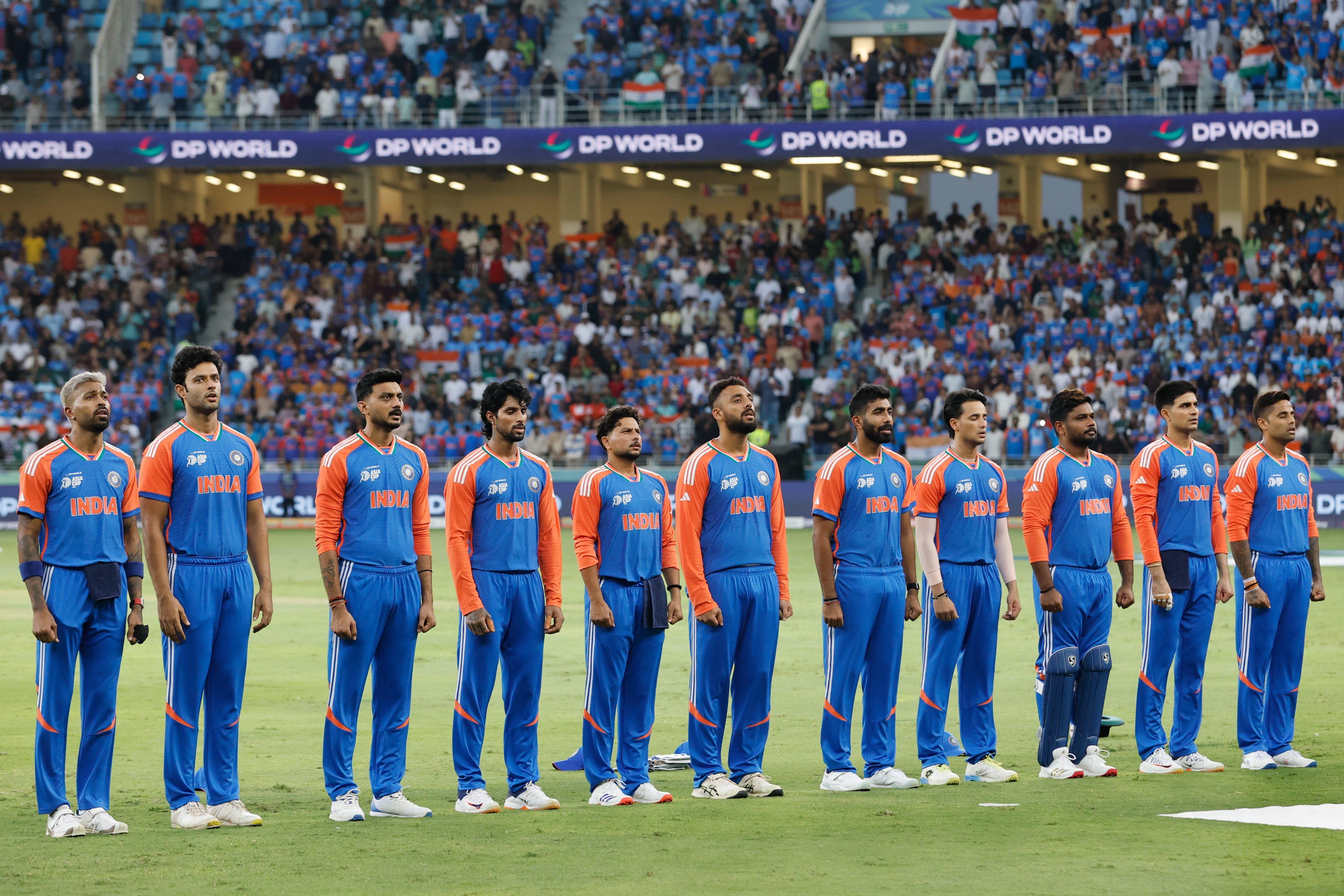
Protest Lodged Immediately After the Match
According to a statement from the Pakistan management, team manager Naveed Cheema approached the match referee to register the complaint.
The Pakistan team manager went to the match referee’s room and lodged a strong protest on Indian players’ action and termed it against sportsmanship.
The absence of handshakes was particularly noticeable at the toss, where both captains, Suryakumar Yadav and Salman Ali Agha, did not engage despite Pycroft advising them to follow traditional norms.
Post-match Handshake Snub Escalates Tensions
After the match concluded, Pakistan players attempted to approach the Indian team to exchange pleasantries, but the visitors had already returned to their dressing room, leaving the gesture unreciprocated.
Pakistan players went towards the Indian team after the match but they left to their dressing room and did not shake hands. As a protest, Agha was not sent to the post-match ceremony. We condemn the action of Indian players and term it against the spirit of the game.
Coach Hesson Voices Disappointment
Pakistan head coach Mike Hesson expressed visible frustration over the incident. “We were ready to shake hands but when we reached there, we saw Indian players had gone to their change room. It was a disappointing way to finish the match,” he said. Hesson’s comments underline the emotional charge surrounding this high-octane clash, which came in the backdrop of political tension and national sensitivities.
India Cites Government and BCCI Guidance
On the other side, Indian skipper Suryakumar Yadav clarified the team’s stance, citing official advice.
Our actions were in alignment with the instructions of the government and the Board of Control for Cricket in India.
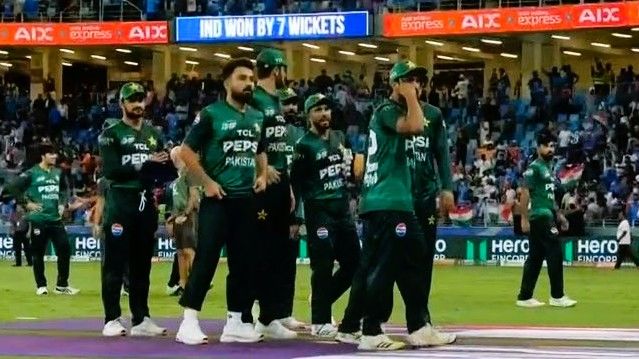
The explanation hints at a deliberate and politically-informed approach rather than a spontaneous act of unsportsmanlike behaviour, reflecting the broader context in which this historic rivalry was played.
A match Overshadowed by Emotion
The seven-wicket victory itself, with India chasing down Pakistan’s 127/9 in just 15.5 overs, could have been the headline story. Suryakumar Yadav’s 47 not out and contributions from Tilak Verma (31) and Abhishek Sharma (31 off 13 balls) highlighted India’s dominance. Yet, the handshake controversy has captured global attention, reigniting discussions about tradition, rivalry, and the fine line between sport and politics in high-stakes matches.
